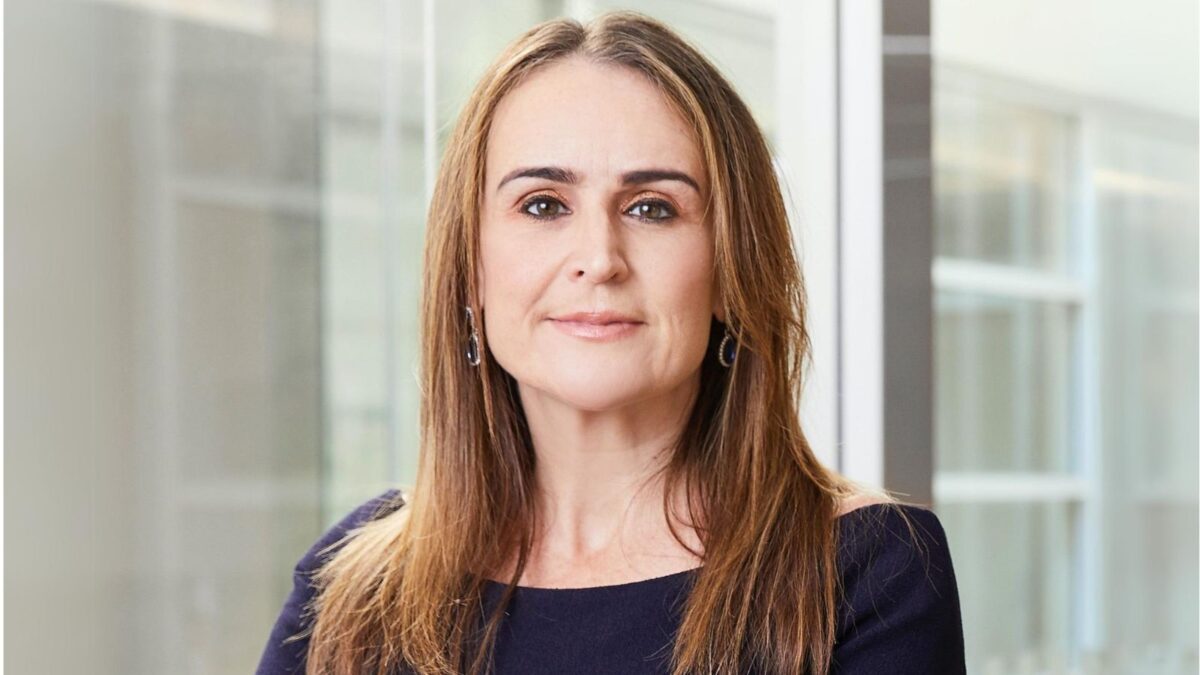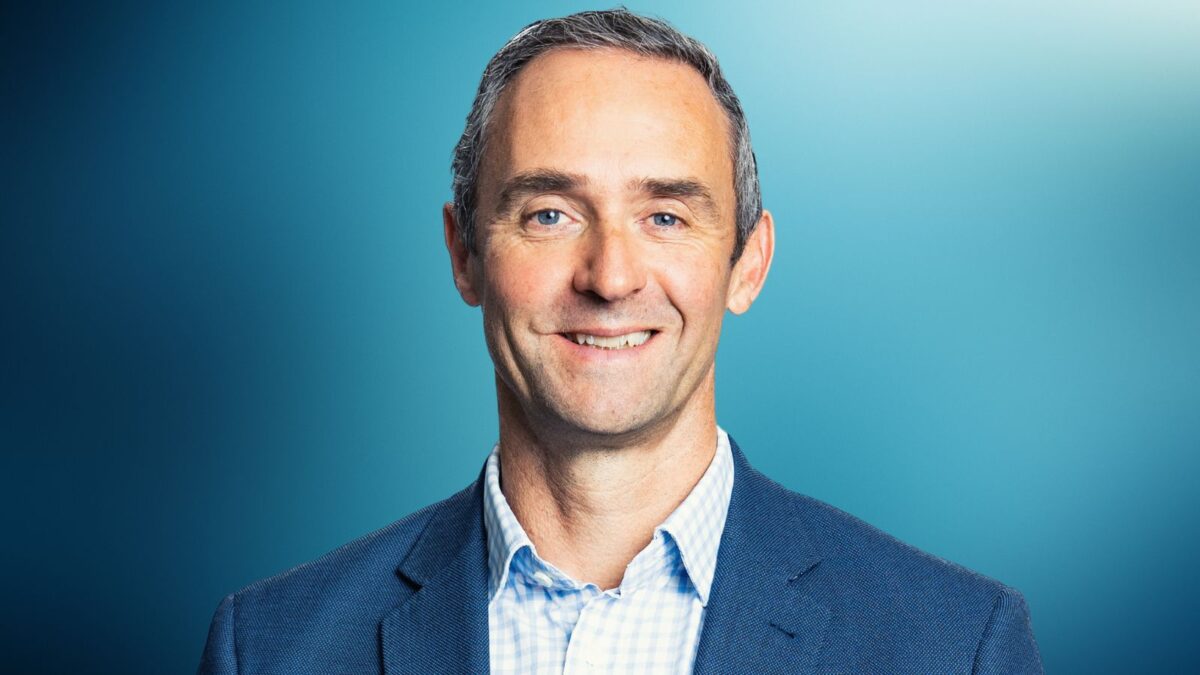The verdict is in: YFYS curbs ESG
New research shows that mainstream implementations of ESG, sustainability and carbon transition activities creates relatively high levels of performance test tracking error, increasing the chances of a “false positive” test failure. The research stems from a collaboration between FTSE Russel, the Australian Sustainable Finance Institute, the Responsible Investment Association of Australasia (RIAA), and the Conexus Institute.
“This important research shows unequivocally that there remains an inconsistency with the structure of the current YFYS performance test and the ability of super funds to invest for the long term in a manner consistent our national legislated climate targets of 1.5 degrees,” said Simon O’Connor, RIAA CEO (photo at top). “This fundamental inconsistency must be fixed or it risks damaging the retirement outcomes of all Australians by incentivising short term tracking error over and above the long term financial interests of members.”
Previous research by Conexus determined one per cent to be a reasonable proxy for a sustainable level of performance test tracking error. Building from that, the new research says that it “appears that it is not presently possible” for a super fund to offer a sustainable/responsible investing option based on exclusions without creating “an untenable level of YFYS performance test risk”. Super funds would also be unlikely to be able to create portfolios that align with carbon transition consistent with meeting the Paris Agreement goals for limiting global temperature rise to 1.5 degrees Celsius for the same reason.
When looking at unlisted “green assets” a one per cent new exposure to small, dedicated investments in greenfield opportunities, private equity and infrastructure created 0.2 per cent of performance test tracking error – 20 per cent of the sustainable level.
For credit portfolios, analysis of Paris-Aligned Benchmarks (PABs) for the asset class suggests “a relatively small level of tracking error” (0.2 per cent) though there is no standalone benchmark for credit, meaning the performance test tracking error created by investing in credit “likely far exceeds the marginal tracking error created by following PABs”.
“In short, trustees face a difficult challenge: they have multiple portfolio objectives but a limited budget of performance test tracking error to implement these with,” the research says. “These objectives include return enhancement, risk management, diversification, and accounting for ESG, sustainability and climate transition.
“Trustees are faced with a difficult decision between living with a heightened likelihood of failing the YFYS performance test at some point or having to pare back the degree to which these activities are implemented, which may be inconsistent with investing in accordance with the long-term financial interests of members, and/or with members’ sustainability preferences.”











